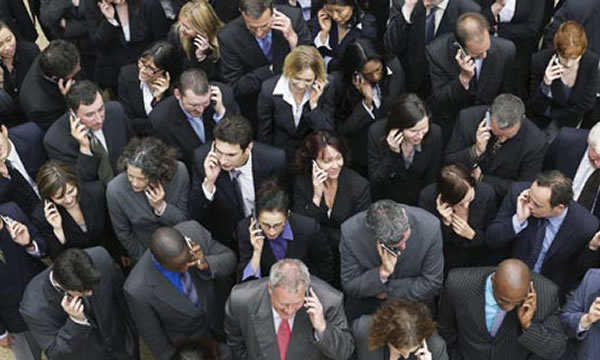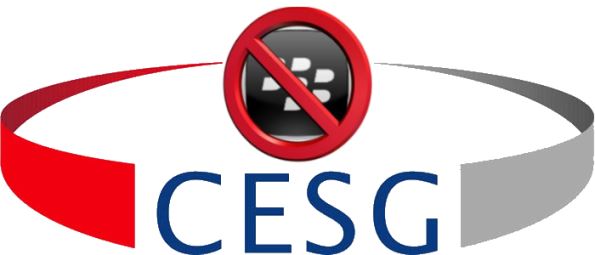Two-thirds of Britons will own a smartphone by 2018

The penetration of sophisticated mobile devices in developed countries is seeing a rapid rise with two thirds of Britons likely to own a smartphone by the end of 2018 and it is forecasted that half of the population will own a tablet before the New Year.
ZenithOptimedia’s New Media Forecast sees a continuing strong demand for mobile devices used to watch TV, play video and engage in social media and gaming. The surge in tablet usage has been exceptional, with the 51% of Britons likely to own a tablet by the end of the year compared to 3.5% five years ago. This gives the UK the seventh highest adoption of tablets in the world.
An interesting and unexpected finding revealed in the report is that smartphone adoption is highest in the Asia Pacific region and in Western Europe. The report expects these regions to maintain their lead for the next few years. The United States, which is usually viewed as the home of technology, is rated below these regions. Although it may be a major producer of technology, a lot of people in the country are not as committed to using the latest devices as are the citizens in Asia and Western Europe. This would suggest a significant digital divide in the USA, which is a little surprising.
The country with the highest smartphone penetration is Singapore which had an 89% penetration at the end of last year and because of government plans for universal Wi-Fi access this is expected to reach 97% by 2018.
Two unexpected regions with over 80% market penetration are Spain and Ireland with 86.7% and 83% smartphone usage respectively. It is interesting to speculate why two countries with a lower GDP than the UK have a higher smartphone market penetration. The report does not comment on this and one can only assume that the UK has a larger group of people who are not connected digitally. This could be a result of severe economic challenges people are experiencing as well as choices being made between the cost of survival and the cost of acquiring non-essential technology. Ireland experienced a technology boom a few years ago and this has possibly resulted in the country as a whole being more technologically developed than the UK.
A recent article in Independent.ie questions whether Dublin is set to overtake London as Europe’s technology hub. “The tech sector has really got Dublin through the bad times,” said Paul Finucane, director at Colliers International, “now Dublin is hot on the heels of London for the title of Europe’s Silicon Valley.”
The most important fact which emerges from the ZenithOptimedia report is that mobile technology has become one of the most important means to access digital services.
“The rapid spread of mobile technology is transforming media consumption and marketing communication across the world,” said Jonathan Barnard, ZenithOptimedia’s Head of Forecasting. “For more and more people, their smartphone or tablet is the first place they look for information or entertainment. Marketers need a mobile-first approach to communicate with these people effectively.”
When did you get your first smartphone? And how many people do you know who still don’t have one? Let us know in the comments below.




Recent Comments